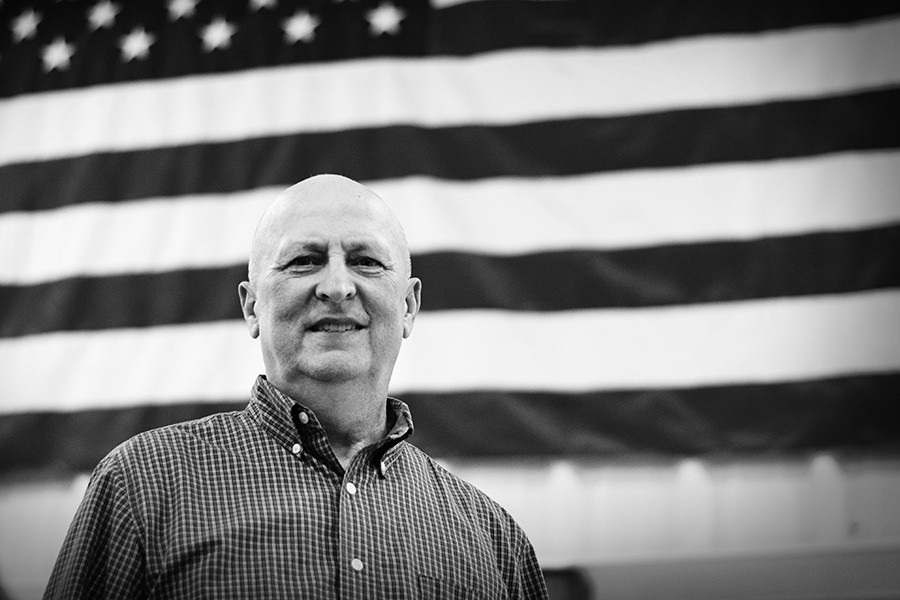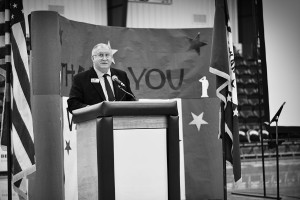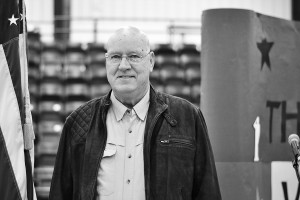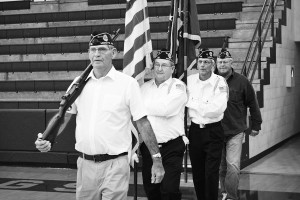Rickey Copeland
Rickey Copeland
November 13, 2015
![]()
“I enlisted on July 17, 1969 to the U.S. Air Force. The draft was going on at that time and I wanted to make a choice of which branch of service to go into so I went ahead and volunteered to the U.S. Air Force. I took my basic training at San Antonio, Texas.
“It was rough but while I was in high school, I had a lot of PE classes so I feel like I was pretty fit to stand up to what they wanted. The hardest part was mostly the physical part and the mental part that you have to go through with following orders, then they change orders and you get all confused and then you’re never right, even if they told you the answer was this today then tomorrow the answer is not that. It’s something else. So I was always confused.
“Then for the days that you’re there, the things that you miss sometimes just are to drink a Coca-Cola and have a candy bar.You don’t have any of that and when you do get to see that first Coke machine it’s like, ‘Aw man. I haven’t seen these in years.” but it’s actually been a few weeks.’
“After basic training, I was shipped to Chanute Air Force base in Illinois. There I went through a school for petroleum, oil, and lubricants. What I was training to do was how to operate the fuel trucks that would work on the flatlines and refuel the planes.
“There’s a culture shock. Things are different, different culture. I was very fortunate that we had barracks, not tents.They did the best to build the barracks but it wasn’t like back home. Things seem strange.
“Our base had rockets shot into it. It had mortars shot into it.The mortars that came in, you couldn’t tell where they would land. Maybe at your barrack or somebody else’s barrack so we were always watching for rockets and mortars. I worked around fuel, which is highly explosive, so when those things would happen, you’d always try to be away from the fuel tanks.
“I was there from 71 till part of 72. When I came back, I really didn’t know what the people were thinking here back home and I wasn’t aware that so much demonstrating was going on against the war in Vietnam. I was there to do a duty and never really saw the demonstrations but now that I’ve come back and have seen the history films, I see that it is very powerful.
“Students, college students, wanted the draft to end and didn’t want to go to the military. They didn’t want to have to go to Vietnam. I didn’t know how strongly they felt about that and that carried over to the veterans. They would say, ‘The veterans are killers.’ We didn’t have a good welcome home. Sometimes people would say to some people, ‘They’re baby killers.’ I can’t explain all of that.
“This country has done a turnabout where they recognize that the veterans were doing their duty in Vietnam and that they didn’t get the reception they deserved when they came back.”






